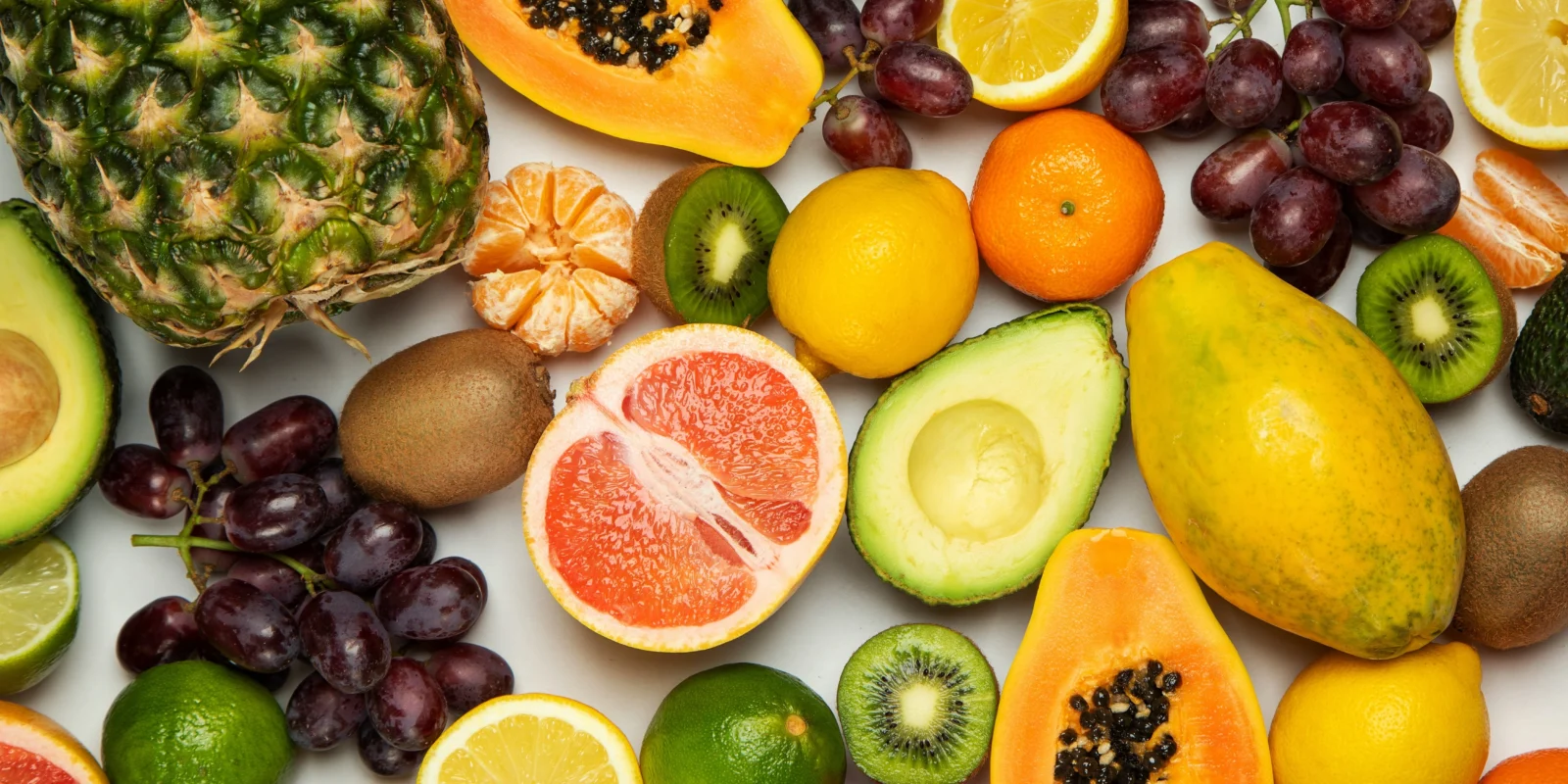Saying goodbye to sugar surely meant suffering for some folks.
This is a topic very near to my heart. Ever since I decided to ask the questions: “What food is truly meant for the human body?” “What is true health?” and “What does an honestly healthy diet consist of?” I kept being pulled back towards my high school biology class. I remembered more and more how we learned about the differences between animal (human) cells and plant cells. I continued to recall deeper details about the animal cells preferring carbohydrate molecules to function properly. Then I started recollecting memories of the operations of the body and what it needs to survive and perform well. And the main ingredient was usually carbohydrates and natural sources of, well basically… Sugar!
Thus, I properly struggled to understand why low- and no-carb diets were the hype around that time (about 5 years ago or more). Though the more my research, recollection and introspection guided me on my journey toward becoming whole on the nutritional scale, the more complex the scale became! Most medical studies about sugar and carbohydrates used participants that were indulging in only the worst, processed sources thereof. Then I stumbled upon a great doctor who was researching the comparison between groups of people who mostly ate a wholefood plant-based (including carb-dense) diet and another group that ate what was then called ‘the average Western diet’. He had made major scientifically backed breakthroughs on this front, yet his work never made the newspapers’ front.
The doctor I’m referring to is doctor T. Colin Campbell. He founded the Center for Nutritional Studies when his governmental financial support was withdrawn after he cracked the case on the world’s greatest enemy – sugar. Soon, I started finding a lot more sources of evidence-based studies on the distinction between natural occurring sugar and laboratory or factory made sugars. Naturally, it should make sense that anything processed or created in a lab could not only be less nourishing to our bodies, but also have a much higher potential of harming us. As the awareness of this truth increases and more people become purely nature-based in their eating habits, even more studies can be done, and comparisons can be made with extreme accuracy.
For now, the important thing to realize is that sugar, glucose, fructose, sucrose and (dare I say it) carbs found in naturally obtained wholefoods, grown from our abundantly loving planet are more beneficial than they can ever be malevolent. The antioxidants, phytochemicals, minerals, vitamins and other micronutrients found in plant foods – even the “sugary” ones – are so potent in keeping the body healthy and being optimally expressed that it would be a detrimental travesty if we choose to fear and avoid these foods. Fruits, grains and starchy vegetables are some of the best disease fighters, preventers and even curers and they all contain some sort of earth-made sugar. Or perhaps, sun-made sugar.
We know the sun is the primary source of energy for our planet, but it is also ultimately the source of carbohydrates found in plants. Photosynthesis converts sunlight into a molecule of energy. Conveniently, the exact molecule that forms the primary source of energy to every single cell in the human body, including neurons; the cells that make up the brain. In fact, the brain is actually the predominant consumer of glucose in the body. So, next time a juicy fruit has your mouth watering, make the smart choice to support your brain and every other cell and indulge to your sweet, sweet satisfaction.
References:
https://www.intechopen.com/chapters/68362
https://hms.harvard.edu/news-events/publications-archive/brain/sugar-brain
https://medlineplus.gov/carbohydrates.html#:~:text=Carbohydrates%2C%20or%20carbs%2C%20are%20sugar,cells%2C%20tissues%2C%20and%20organs.
https://www.youtube.com/watch?v=E-TBgVB4J8E&ab_channel=ColumbiaAsiaHospitalsIndia
https://www.creativehealthyfamily.com/top-10-reasons-why-you-need-to-eat-fruit/
https://www.medicalnewstoday.com/articles/324431#apples
https://nutritionstudies.org/sugary-fruit-healthy/




